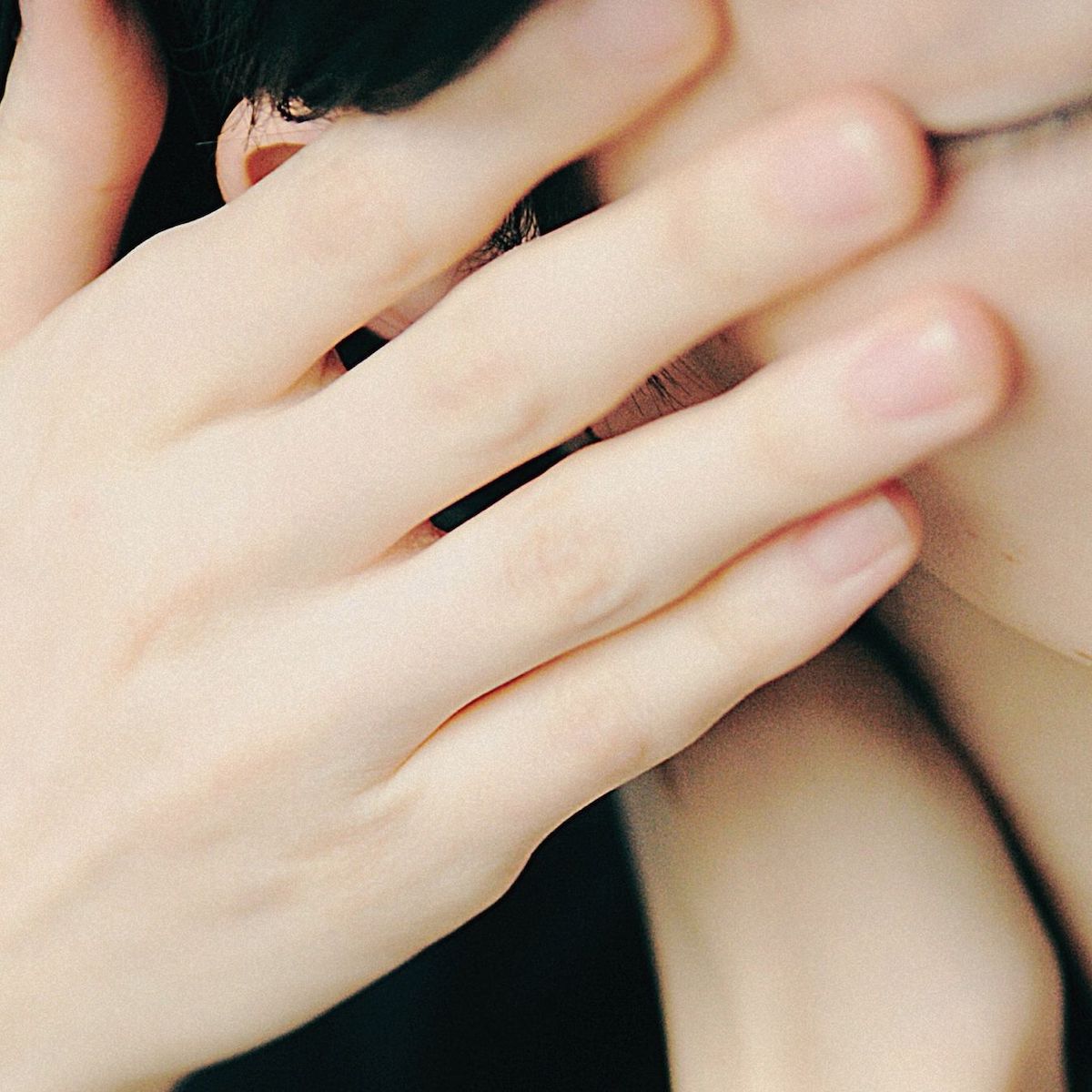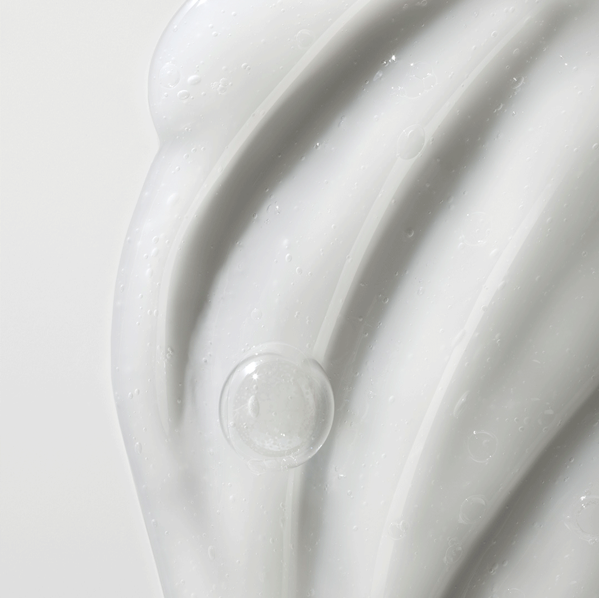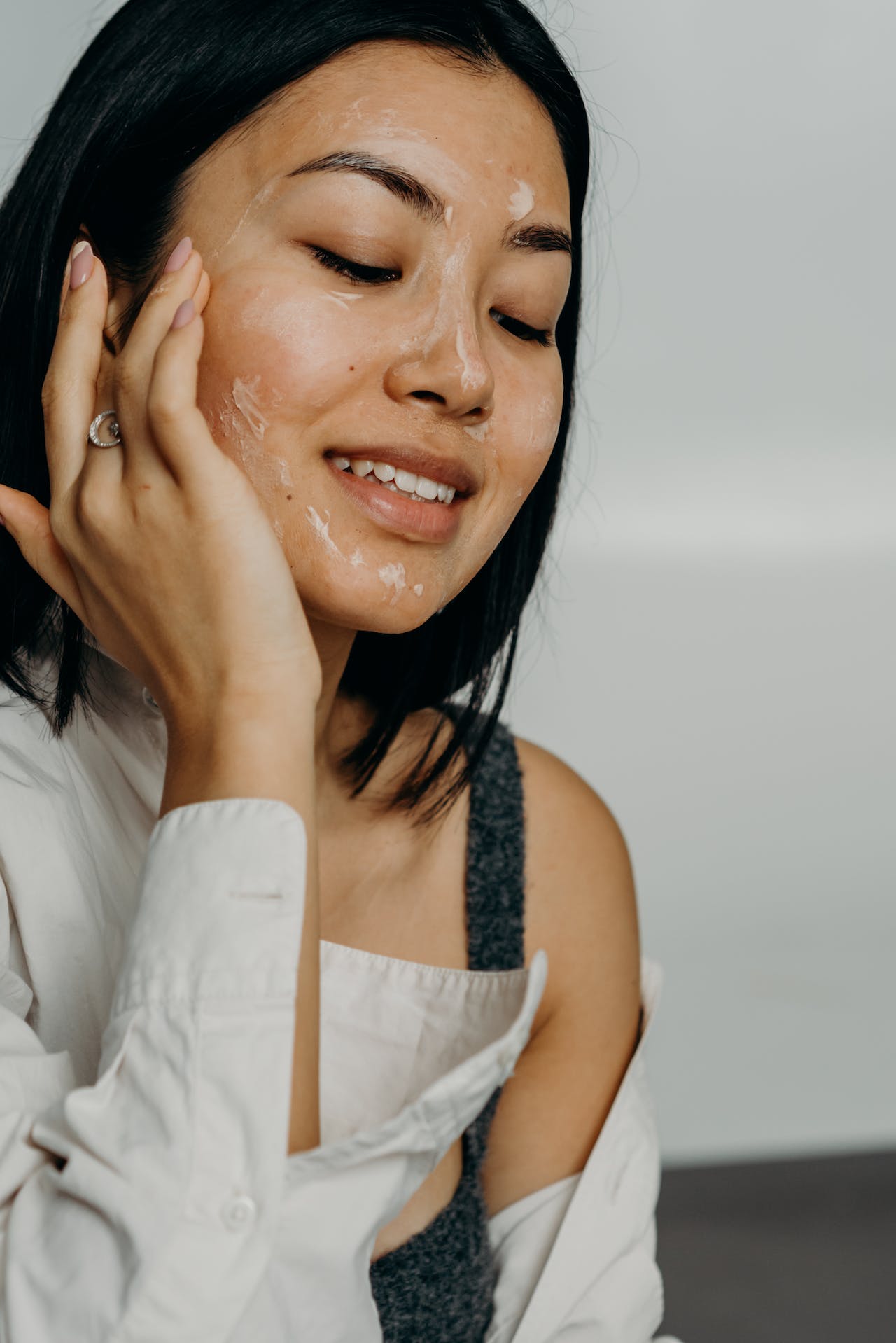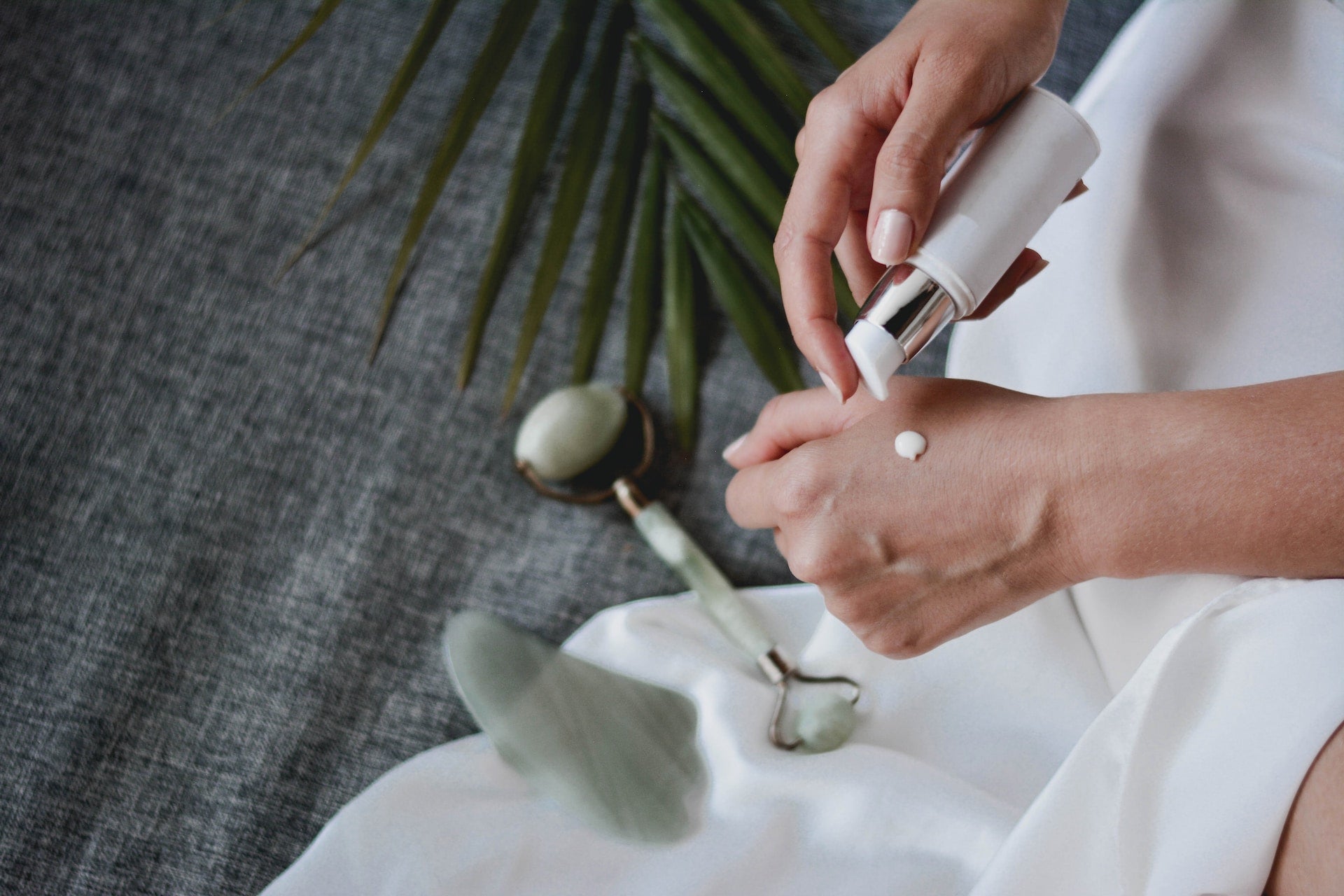Acne is a common skin concern that can affect individuals of all ages, and finding an over-the-counter (OTC) acne treatment that works for you is essential for many adults seeking a solution to this persistent skin issue. Whether you're dealing with occasional breakouts or more stubborn acne, the right acne skincare products can help you achieve clearer, healthier skin. In this guide, we will explore over-the-counter acne treatments for adults and provide expert advice to help you banish breakouts and and level up your skincare routine.
Understanding Acne: Types, Causes, and Triggers
Before diving into the world of over-the-counter acne treatments, it's crucial to understand what acne is, its different types, and the factors that contribute to its development. Acne is a skin condition characterized by the formation of pimples, blackheads, whiteheads, and cysts. Unfortunately, acne lesions can lead to scarring. These blemishes often appear on the face, neck, chest, shoulders, and back.
Types of Acne
- Comedonal Acne: This type of acne is characterized by the presence of blackheads and whiteheads. These occur when follicles and pores become clogged with oil and dead skin cells.
- Inflammatory Acne: Inflammatory acne includes red, swollen pimples and pustules. It can be more painful and noticeable than comedonal acne.
- Cystic Acne: Cystic acne is the most severe form, involving deep, painful cysts and nodules under the skin.
Common Causes and Triggers of Acne
Several factors can contribute to the development of acne, including:
- Excess Sebum Production: Overproduction of sebum (skin oil) can clog pores and lead to acne.
- Clogged Pores: When dead skin cells and oil accumulate in hair follicles, they can create blockages.
- Bacterial Infections: The presence of Cutibacterium acnes bacteria can worsen acne.
- Hormonal Fluctuations: Hormonal changes, particularly during puberty, menstruation, and pregnancy, can trigger acne.
- Diet: Some studies suggest that certain foods, such as whey protein, dairy and high-glycemic foods, may worsen acne for some individuals.
- Stress: Stress can exacerbate acne by triggering hormone production.
- Family History: Genetics can play a role in acne susceptibility.
Understanding these factors can help you make informed decisions when choosing over-the-counter acne treatments.
The Importance of Over-the-Counter Acne Treatments

Over-the-counter acne treatments can offer a convenient and accessible way to manage acne. These products are available at most drugstores and online retailers, making them a popular choice for individuals seeking skincare solutions for acne.
Advantages of OTC Acne Treatments
- Accessibility: OTC products are readily available without the need for a doctor's visit.
- Affordability: They are often more budget-friendly than prescription treatments.
- Variety: There is a wide range of OTC acne products catering to various skin types and concerns.
While OTC treatments can be effective for many, it's essential to choose the best over-the-counter acne treatment for your specific skin type and needs. Additionally, results may vary from person to person, so patience and consistency in your skincare routine are key.
Best Over the Counter Acne Treatment for Adults
Now, let's delve into some of the best over-the-counter acne treatments for adults. These products have earned their reputation as effective solutions for banishing breakouts and achieving clearer skin.
Revision Brightening Facial Wash

Product Overview: Revision Skincare's Brightening Facial Wash is a favorite amongst the acne cleansers. This cleanser is suitable for normal, combination and oily skin.
Key Features:
- Salicylic Acid: helps exfoliate the skin, unclog pores, and reduce acne.
- Glycolic Acid: helps exfoliate dead skin cells and improves skin texture.
- Sucrose Laurate: helps to cleanse the skin without stripping it of its natural moisture and oils.
- Vitamin C: an antioxidant that helps naturally brighten the skin.
- Vitamin E: helps to nourish and restore moisture to the skin.
- White Tea Extract (Camellia Sinensis Leaf Powder): helps to provide antioxidant benefits.
Revision Gentle Foaming Cleanser

Product Overview: Revision Skincare's Gentle Foaming Cleanser is a top-rated OTC acne treatment known for its gentle yet effective cleansing action. This cleanser is suitable for all skin types, including sensitive skin, and is an excellent choice for adults looking to maintain clear and healthy skin.
Key Features:
- Sodium Cocoyl Glycinate: This ingredient helps to cleanse the skin by gently removing make-up and excess oil.
- Chamomile: This ingredient is an antioxidant that helps to calm the skin.
- Allantoin: This ingredient helps to improve the moisture your skin retains, calms & smooths the skin.
- Aloe Vera: This antioxidant helps to hydrate, soothe, and calm the skin.
Why It's a Top Pick: Revision Gentle Foaming Cleanser effectively removes dirt, oil, and makeup, making it an ideal first step in your acne-fighting routine. Its non-irritating formula ensures that your skin remains balanced and comfortable.
La-Roche Posay Effaclar Duo Acne Treatment

Product Overview: La-Roche Posay's Effaclar Duo is a dual-action acne treatment designed to target both current breakouts and prevent future ones. It's suitable for adults dealing with mild to moderate acne.
Key Features:
- Micronized Benzoyl Peroxide: helps to eliminate acne-causing bacteria.
- Lipo Hydroxy Acid (LHA): LHA exfoliates the skin's surface, promoting cell turnover and reducing the risk of clogged pores.
- Oil-Free and Non-Comedogenic: Effaclar Duo is formulated to be oil-free and safe for acne-prone skin.
Why It's a Top Pick: La-Roche Posay Effaclar Duo offers a targeted approach to acne treatment, making it an effective choice for adults who want to address existing breakouts and maintain clear skin in the long run.
EltaMD UV Clear

Product Overview: EltaMD UV Clear is a dermatologist-recommended sunscreen that not only provides sun protection but also offers benefits for acne-prone skin. Sunscreen is a crucial step in any skincare routine, especially when using acne treatments that can make your skin more sensitive to the sun.
Key Features:
- Broad-Spectrum SPF 46: provides high-level protection against UVA and UVB rays.
- Niacinamide (Vitamin B3): helps reduce redness and inflammation associated with acne.
- Oil-Free and Fragrance-Free: EltaMD UV Clear is suitable for sensitive and acne-prone skin types.
Why It's a Top Pick: EltaMD UV Clear not only protects your skin from harmful UV rays but also provides added benefits for acne-prone skin, such as reducing redness and inflammation. It's an essential part of any acne skincare routine.
Revision Retinol Complete 0.5

Product Overview: Revision Skincare’s Retinol Complete 0.5 contains a gentle topical retinol combined with multiple antioxidants and extracts to help improve the skin’s hydration.
Key Features:
- Retinol (0.5%): Improves the appearance of fine lines, wrinkles and acne.
- Bakuchiol: Considered a retinol-alternative ingredient that serves as an antioxidant and supports the effects of retinol.
- Isosorbide Dicaprylate and Ophiopogon japonicus Root Extract: Help to improve and support the skin’s hydration.
- THD Ascorbate (Vitamin C): Helps to brighten and even skin tone.
Why It's a Top Pick: Revision Skincare’s Retinol Complete 0.5 is a gentle topical retinol that is a great option for someone new to the world of retinoids. When first starting a topical retinoid, use a pea sized amount, starting every other night, and increasing to nightly as tolerated. Not recommended during pregnancy.
Key Ingredients to Look for in Acne Skincare Products
When shopping for the best over-the-counter acne treatments, it's essential to be familiar with key ingredients that are effective in managing acne. These ingredients have been proven to help treat and prevent acne breakouts:
1. Salicylic Acid
Salicylic acid is a beta hydroxy acid (BHA) that penetrates the pores and helps to dissolve excess oil and dead skin cells. It is particularly effective in treating comedonal acne, such as blackheads and whiteheads. Look for products that contain salicylic acid for gentle exfoliation and pore-clearing action.
2. Benzoyl Peroxide
Benzoyl peroxide is an antibacterial agent that kills acne-causing bacteria. It is effective in treating inflammatory acne, such as red pimples and pustules. However, it can be drying, so it's essential to use it as directed and consider moisturizing products to maintain skin balance. Note: it can also bleach towels and clothing.
3. Niacinamide (Vitamin B3)
Niacinamide is an anti-inflammatory and antioxidant ingredient that helps reduce redness and inflammation associated with acne. It's often found in skincare products designed for acne-prone skin and can be beneficial in soothing acne-prone skin.
4. Alpha Hydroxy Acids (AHAs)
Alpha hydroxy acids, such as glycolic acid and lactic acid, are exfoliating agents that can help improve skin texture and reduce the appearance of acne scars. They promote cell turnover and can be found in various skincare products, including cleansers and toners.
5. Sulfur
Sulfur is a natural mineral that has antibacterial and anti-inflammatory properties. It's commonly used in spot treatments and masks to target specific acne blemishes.
6. Retinoids
Retinoids are vitamin A derivatives that promote skin cell turnover, unclog pores, and reduce the formation of comedones. They also help improve hyperpigmentation and scars. They are available in both prescription and OTC formulations. These are not recommended during pregnancy.
When selecting OTC acne skincare products, consider your skin type and specific acne concerns to choose the ingredients that will best address your needs.
Creating an Effective Skincare Routine for Acne
Building an effective skincare routine for acne involves using the right products in the correct order. Here's a step-by-step guide to help you create a skincare routine that maximizes the benefits of the best over-the-counter acne treatments:
Morning Skincare Routine

Step 1: Cleansing
Start your routine with a gentle cleanser to remove dirt, oil, and makeup from your skin. Use the Revision Gentle Foaming Cleanser or a similar product suitable for your skin type.
Step 2: Treatment
Apply your chosen acne treatment product, such as La-Roche Posay Effaclar Duo, to target existing breakouts and prevent new ones. Follow the product's instructions for application.
Step 3: Moisturize
Even acne-prone skin needs hydration. Use an oil-free, non-comedogenic moisturizer to keep your skin balanced. Look for products that won't clog pores or exacerbate acne such as the La Roche-Posay Toleriane Double Repair Face Moisturizer or the Revision Hydrating Serum.
Step 4: Sun Protection
Finish your morning routine with sunscreen, such as EltaMD UV Clear. Sunscreen is essential to protect your skin from UV damage, especially when using acne treatments that can increase sun sensitivity.
Night Time Skincare Routine
If you're using a retinoid product, it is applied in the evening after cleansing and before moisturizing (Step 1: Cleanse. Step 2: Treat. Step 3: Moisturize). Start with applying a pea-sized amount of the retinoid and use that one pea-sized amount to dot around your face. Avoid around your eyes, corners of your nose and corners of your mouth.
When first starting, start every other night. Slowly work your way up to nightly as tolerated. When first starting a retinoid product, don’t use other active ingredients such as salicylic acid or other exfoliating ingredients as this can be too drying and irritating to the skin.
Expert Tips for Managing Acne
In addition to using the best over-the-counter acne treatments and following a proper skincare routine, consider these expert tips for effectively managing acne:
- Be Consistent. Consistency is key when treating acne. Stick to your skincare routine, and be patient as it can take several weeks to see significant improvements.
- Avoid Over-Cleansing. While cleansing is essential, avoid over-cleansing your face, as this can strip the skin of its natural oils and worsen acne. Stick to cleansing twice a day.
- Hands Off. Resist the urge to touch or pick at your acne blemishes, as this can lead to infection, delayed healing of acne lesions and scarring.
- Maintain a Healthy Diet. While there's no one-size-fits-all diet for acne, eating a balanced diet rich in fruits, vegetables, fish, nuts and whole grains can support overall skin health. Drink plenty of water while avoiding sugary drinks such as sodas.
- Manage Stress. Stress can exacerbate acne, so practice stress-reduction techniques like meditation, yoga, or deep breathing exercises.
6. Consider Professional Help
If your acne is severe, persistent, or causing emotional distress, consider consulting a board-certified dermatologist. They can provide personalized treatment options, including prescription medications and procedures.
Frequently Asked Questions About OTC Acne Treatments
Can I use multiple acne treatment products at once?
It's generally best to use one acne treatment product at a time to avoid over-drying or irritating your skin. If you want to incorporate multiple products, consult a dermatologist for personalized guidance.
Do you put acne treatment on before or after moisturizer?
We recommend putting on your acne treatment before moisturizing and after cleansing. Take a look at our step-by-step morning and night-time routines detailed above for more information.
How long does it take to see results from OTC acne treatments?
Results can vary, but it often takes several weeks of consistent use to see significant improvements, typically 6-8 weeks. Be patient and give your chosen product time to work.
Can OTC products help with acne scars?
Some OTC products containing retinol can help improve acne scars over time. For more severe scarring, seek medical help from a board-certified dermatologist.
Is it safe to use OTC acne treatments during pregnancy?
Consult your healthcare provider before using any acne treatment products during pregnancy, as some ingredients may not be recommended such as topical retinoids (retinol).
Consistency and patience
Achieving clear and healthy skin as an adult with acne is possible with the right over-the-counter acne treatments and a well-rounded skincare routine. Remember to look for skincare products & makeup products that are non-comedogenic. Treating acne takes time and does not clear overnight. Remember to be consistent, patient, and mindful of your skin's unique needs. See a dermatologist if needed to achieve the best results in your battle against acne.
Reviewed by: Katharine Saussy, MD, FAAD (@drsaussy)





